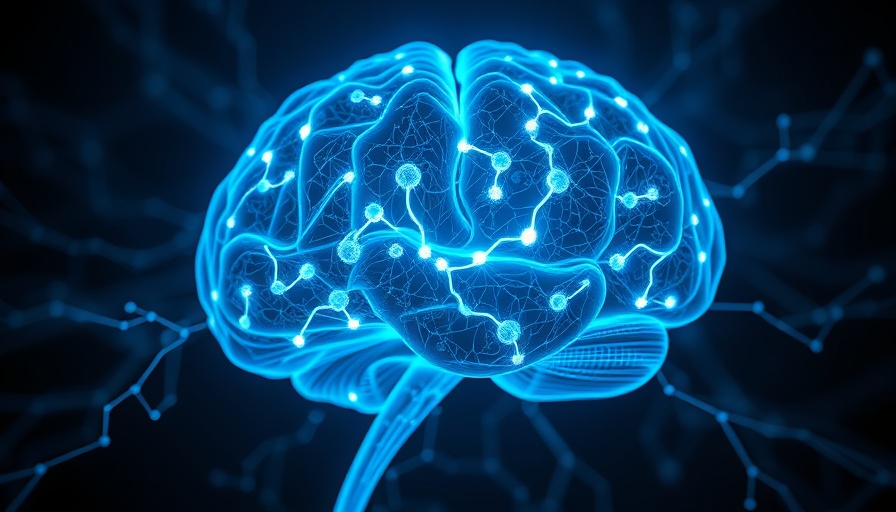
The Heartbreak of Dementia: Understanding the Challenge
There are few experiences more emotionally jarring than having a loved one with a dementia diagnosis look into your eyes and see a stranger. As the cognitive functions deteriorate, the individual who once held your hand, shared laughter, or whispered cherished stories now stares blankly, unable to recognize you. Whether this person is a parent, spouse, or close relative, the pain is profound — akin to a silent heartbreak that lacks closure.
What is Dementia?
Dementia is more than mere forgetfulness; it represents a progressive brain disorder affecting memory, cognition, and perception. Particularly in Alzheimer’s disease, specific brain areas, such as the hippocampus responsible for memory formation, are first to be affected. As the illness progresses, the temporal lobes, critical for recognizing faces and voices, alongside the frontal lobe that handles social cues, deteriorate as well.
The Impact on Personal Identity
As dementia advances, individuals gradually lose their autobiographical memory — the personal account of who they are. Consequently, your loved one might fail to recognize you or understand your relationship, despite their emotional memories being somewhat intact. This disconnection arises not from a lack of love or will, but from the brain’s inability to access pathways related to shared history. Grasping this can ease some emotional burdens, bringing perspective into an otherwise painful situation.
Finding Ways to Connect
Although it’s crushing to hear "Do you know who I am?" met with a blank stare, an empowering truth emerges: emotional memory often outlasts cognitive memory. Even if your loved one cannot identify you as their child, sibling, or partner, they can still sense your enduring love and presence. Engaging with them through familiar activities, music, or even comforting touch can reignite a feeling of intimacy.
Conclusion: Embrace the Journey Together
While navigating the landscape of dementia is overwhelming, it can also present opportunities for connection and love. By understanding the emotional dynamics and seeking ways to engage meaningfully, caregivers and family members can foster a supportive environment for their loved ones. Remember, though recognition may fade, emotional connections endure. Embrace these moments and cherish the journey you both share.
 Add Row
Add Row  Add
Add 




Write A Comment